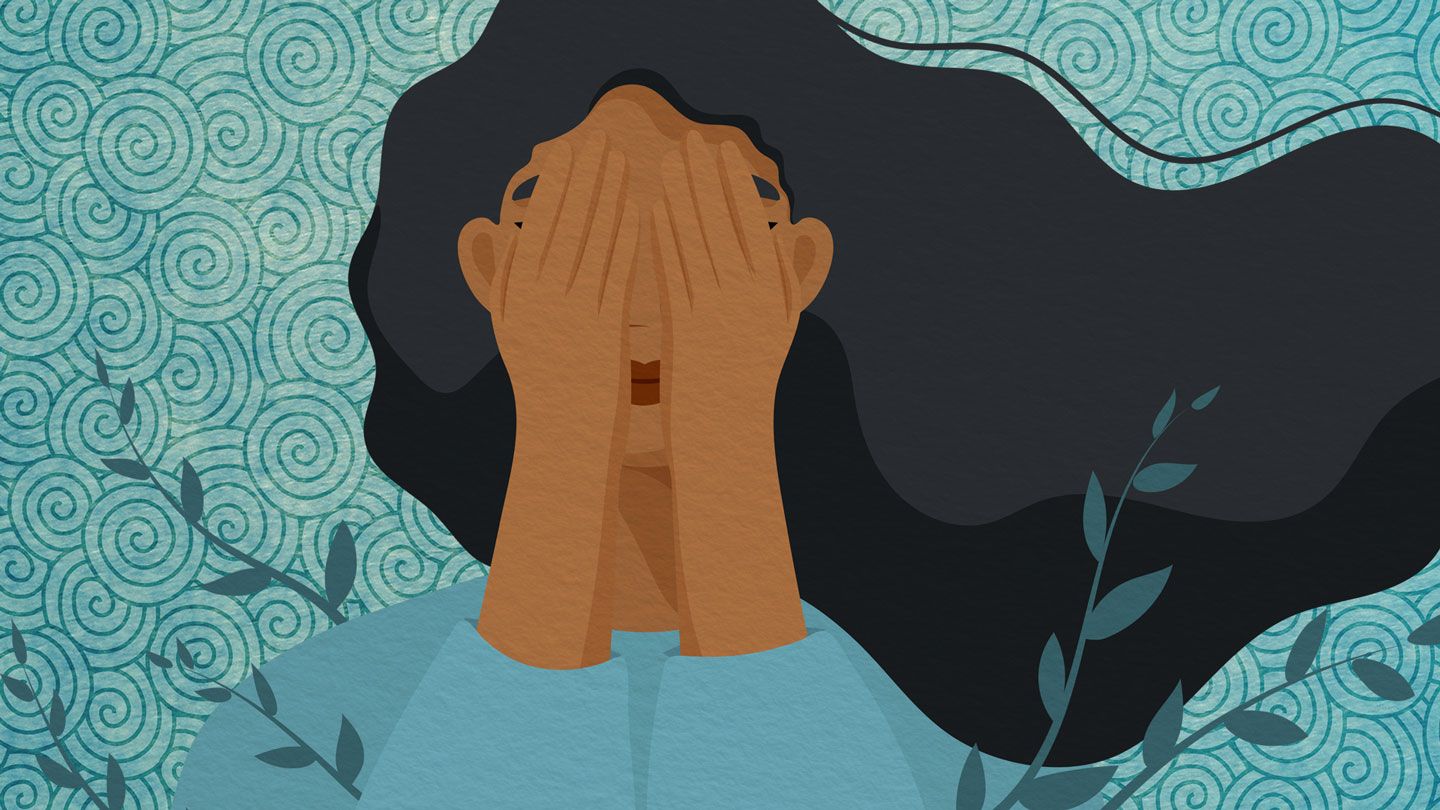A Quick Guide
Atypical depression is a common subtype of depression characterized by mood reactivity, where symptoms improve in response to positive environmental factors. It affects 18-36% of people with depressive disorders, with a higher prevalence in women. Causes are uncertain but may involve neurotransmitter imbalances and genetic and environmental factors. Treatment options include psychotherapy, medication (such as SSRIs or MAOIs), and lifestyle changes. Cognitive Behavioral Therapy is commonly used in therapy to develop coping skills and explore relationships.
What is Atypical Depression?
Atypical depression is a quite common subtype of depression. Depression can interfere with your daily life activities and have negative effects on your relationships. Now Atypical depression is usually associated with all the depression symptoms. But the most important feature is that its symptoms can get better due to positive environmental factors. It is usually a temporary change in mood. This is known as “mood reactivity”.
Prevalence
Atypical Depression, contrary to its name, can affect 18-36% of people with depressive disorders. It is two times more common in women than men. Its onset is quite early like teen years or early 20s, though it tends to be more chronic (long-lasting) in nature.
Symptoms
While everyone exhibits their symptoms differently, some common ones include:
- Loss of interest in activities that were once pleasurable.
- Sad or depressed mood most of the days but it can be uplifted after a positive stimulus in the environment.
- Increased appetite or weight gain.
- Heavy feeling in the arms and legs known as leaden paralysis.
- Being oversensitive to criticism or rejection which can negatively affect a person’s social life or professional life.
- Sleeping too much also known as hypersomnia.
Causes
We don’t know the actually confirmed causes yet. But there are speculations that it might be due to the imbalance of neurotransmitters such as dopamine, serotonin, or norepinephrine in the brain. As a result, it can negatively affect your mood. Some other suspected causes include:
- Genetics: You have more chances of having atypical depression if someone in your family has had it including some other mood disorder such as bipolar.
- Substance abuse: Misuse of medication or other recreational drugs.
- Traumatic experiences: If you have had a traumatic childhood such as being physically, emotionally, or sexually abused. Or if you have suffered a loss of a loved one then you can be more prone to it.
Diagnosis
Your doctor will ask you about your family history of mental illness or depression. To rule out some of your physical symptoms, your doctor may get your blood tests or thyroid tests done in order to analyze underlying causes. They will also try to determine, whether the criteria in The Diagnostic and Statistical Manual of Mental Disorders (DSM-5) apply to you or not. They may also do your psychological evaluation through questionnaires and such.
Treatment
Psychotherapy and medications are both being used to treat it. It depends on the severity of your symptoms. Medication and psychotherapy can be combined for more effective results. Your primary doctor or a psychiatrist can prescribe you medications whereas you can get therapy from a psychologist. You should also try to make lifestyle changes such as quitting alcohol, working out, clean eating, etc.
Medication
As one of its suspected causes is an imbalance of neurotransmitters. So normally selective serotonin reuptake inhibitors (SSRIs) are prescribed as they have fewer side effects than older medication. However, some research suggests that people with atypical depression respond better to Monoamine oxidase inhibitors (MAOIs). The main issue with MAOIs is that they have very severe side effects and strict dietary restrictions.
Side effects of medication
Some common side effects of antidepressant medication include the following:
- Headaches
- Nausea or vomiting
- Loss of appetite
- Sleeplessness
- Loss of sex drive
Psychotherapy
There are different types of therapy you can take, though the most commonly used is Cognitive Behavioral Therapy. It helps you in learning better coping skills for stressful situations in your life. You learn to explore your relationships. You can learn to identify your own negative thoughts and replace them with positive ones. It can help you to regain control of your life and set realistic goals.
Watch: [What is Atypical Depression?]
We hope the above article was useful for you in understanding Atypical depression, its symptoms, prevalence, causes, and available treatments.



 Symptoms of depression in women: How to know if you are depressed
Symptoms of depression in women: How to know if you are depressed